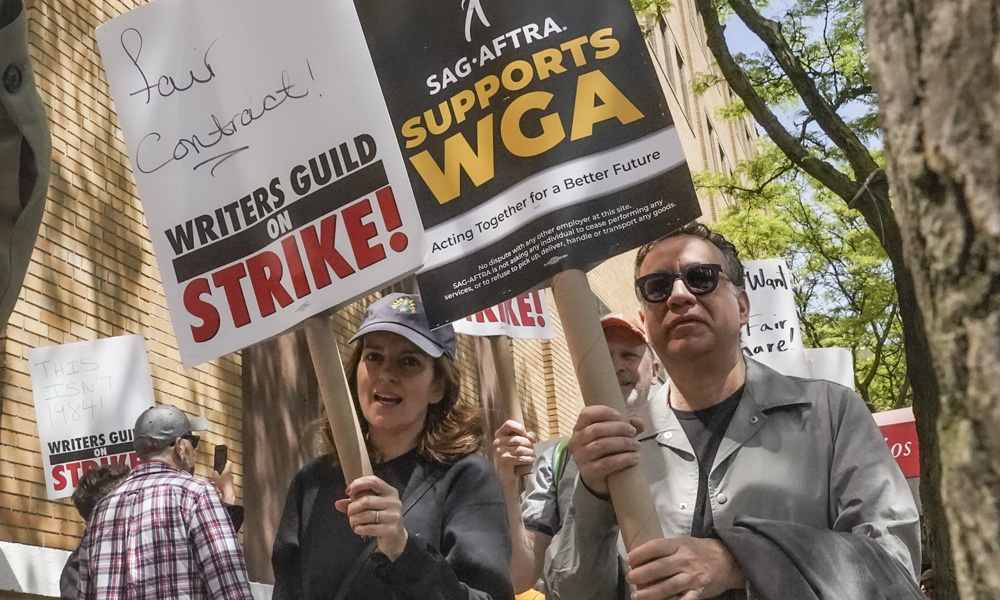
Why did it take five months? That’s the vexing question that entertainment industry insiders are wrestling with even as they cheer the end of the Writers Guild of America strike. Union leaders said it again and again all summer — that Hollywood’s system for collective bargaining was “broken.” Turns out they were right.
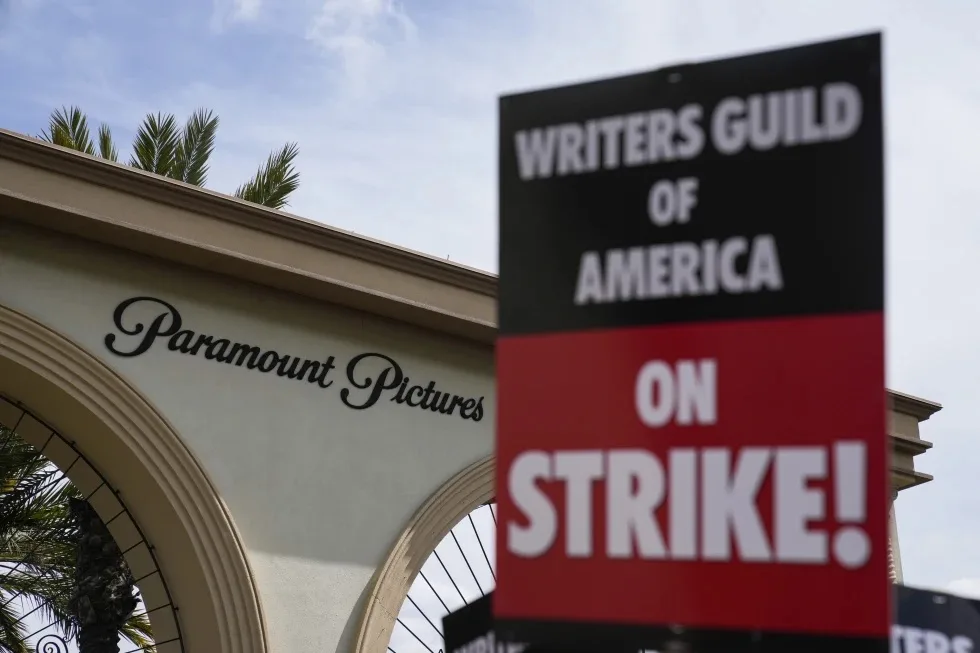
The disclosure was revealed in the U.S. Bureau of Labor Statistics’ latest employment report.
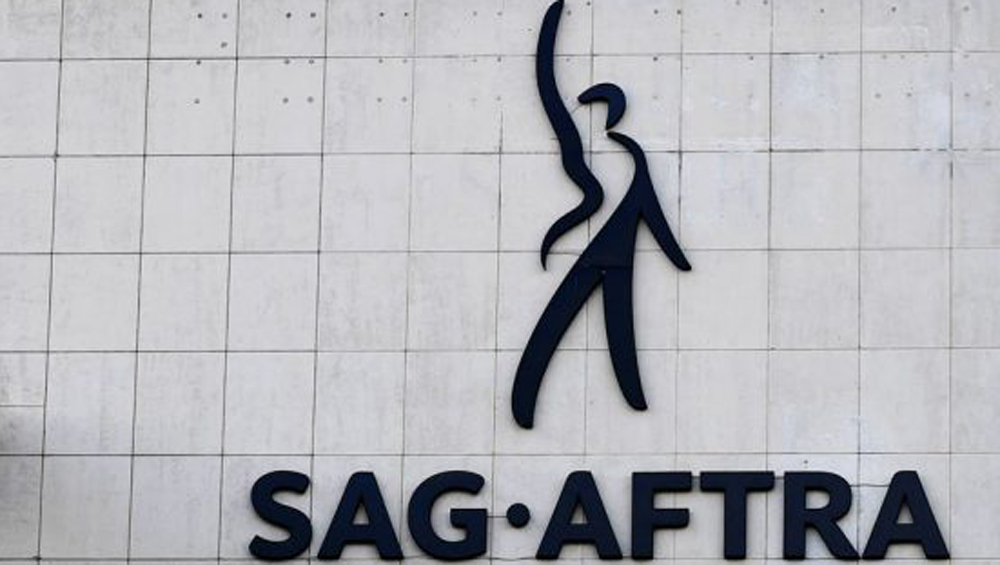
The Writer Guild of America said Wednesday that “we stand in solidarity with SAG-AFTRA as they bargain for a contract that truly works for all their members.” It’s the first comment the WGA has made on the SAG-AFTRA talks since the actors’ union last week extended its contract until July 12 to allow negotiations for a new film and TV contract to continue.
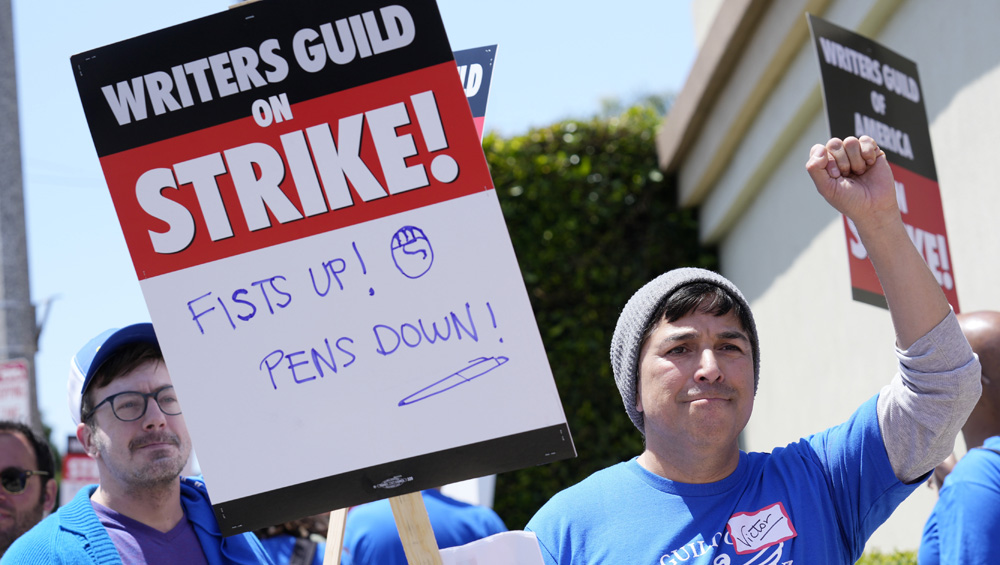
The first Hollywood strike in 15 years commenced Tuesday as the 11,500 members of the Writers Guild of America stopped working when their contract expired. The union is seeking higher minimum pay, more writers per show and less exclusivity on single projects, among other demands — all conditions it says have been diminished in the content boom of the streaming era. (Chris Pizzello/AP)
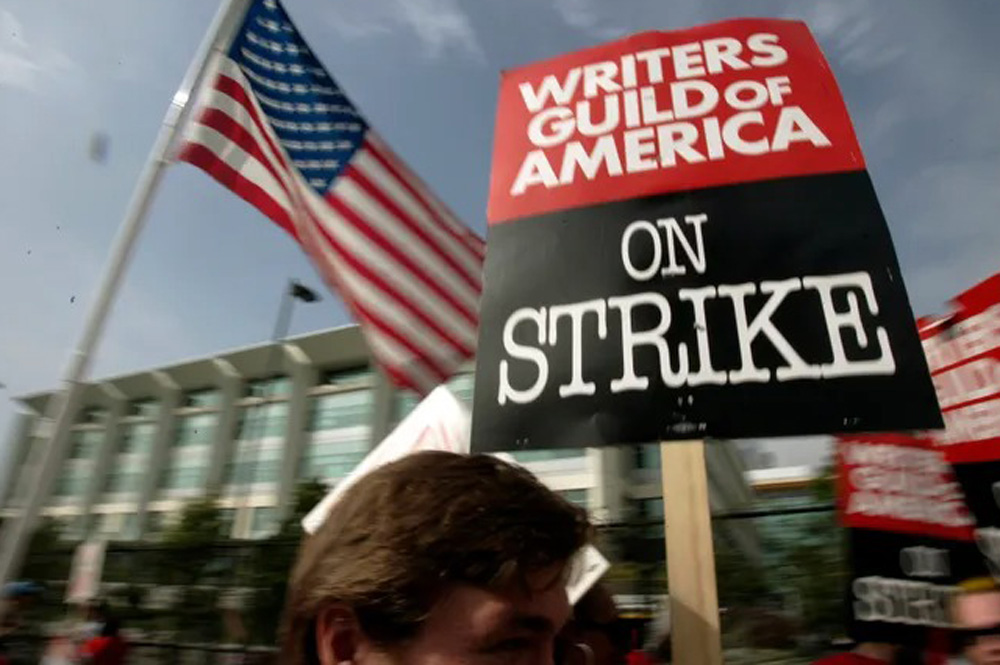
The Writers Guild of America said that its 11,500 unionized screenwriters will head to the picket lines on Tuesday. Negotiations between studios and the writers, which began in March, failed to reach a new contract before the writers’ current deal expired just after midnight, at 12:01 a.m. PT Tuesday. All script writing is to immediately cease, the guild informed its members. The board of directors for the WGA, which includes both a West and an East branch, voted unanimously to call for a strike, effective at the stroke of midnight. Writers, they said, are facing an “existential crisis.”
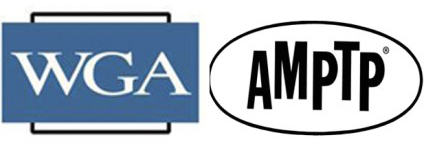
Talks between the writers and the studios concluded Monday night without an agreement. A statement from the Alliance of Motion Picture and Television Producers, said, “Negotiations between the AMPTP and the WGA concluded without an agreement today.” No word yet from the WGA but it’s expected to lead to a writers strike on Tuesday.
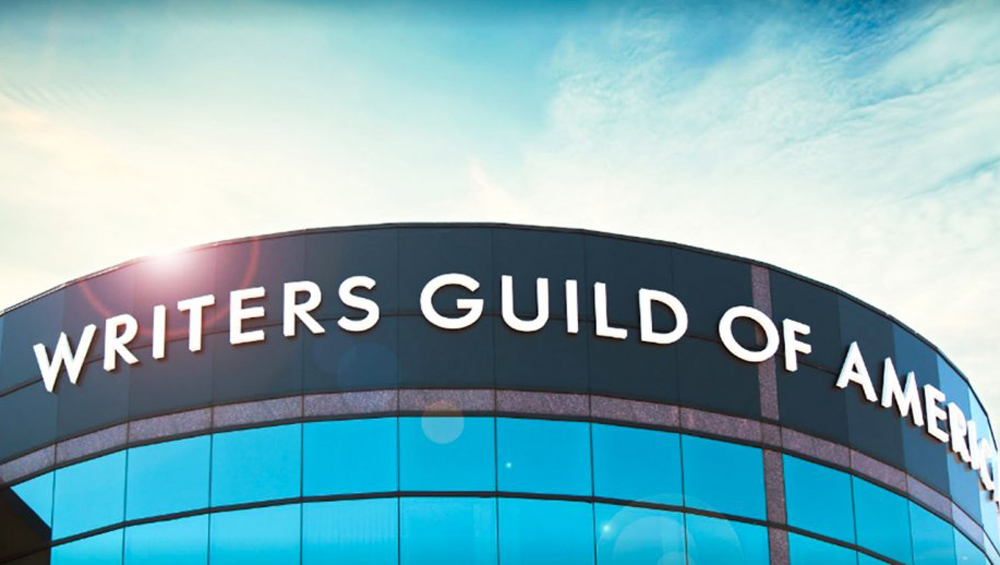
In the 16 years since the entertainment industry’s last strike, sweeping technological change has upended the television and movie business.
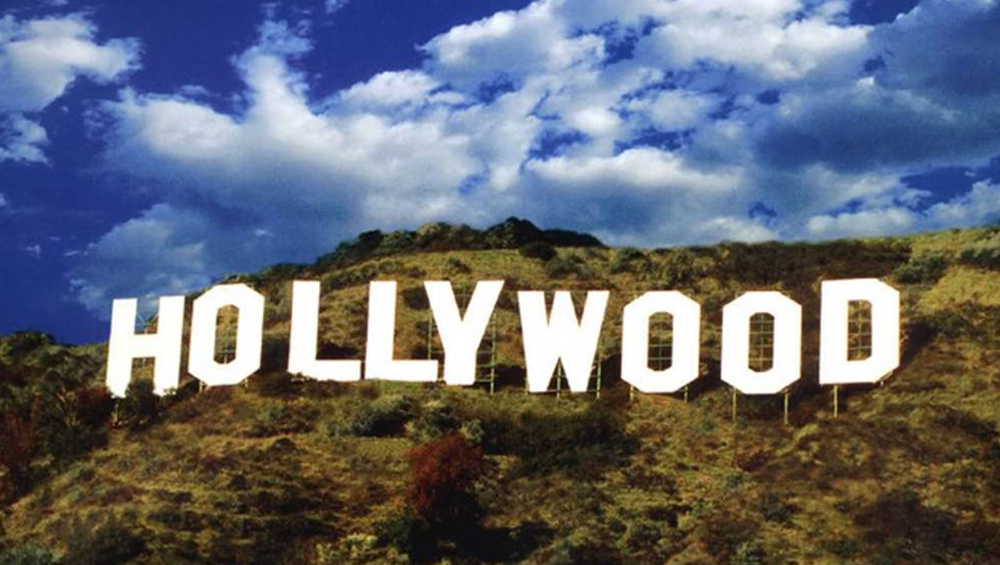
Studios have moved up deadlines for TV writers, and latenight shows are preparing to go dark. But for other segments of the industry, it’s business as usual.

The Writers Guild of America is adding pressure on Hollywood studios, highlighting how their shows and streaming platforms will be affected by a strike if it happens on May 2.

In an email to members Monday, the negotiating committee of the Writers Guild of America said nearly 98% of the 9,218 votes were cast to authorize the strike, with nearly 79% of guild members voting. The guild is currently negotiating with the Alliance of Motion Picture and Television Producers on a deal aimed at addressing pay and other changes brought on by the dominance of streaming services.

Negotiations for a new WGA contract have made “a little bit of progress” on feature films, but otherwise the two sides remain “far away” from a deal. That’s the word coming out of tonight’s WGA strike authorization meeting, which was “very persuasive if you needed persuading,” said a member who attended.

The Writers Guild is taking its first step toward a potential industry strike. The union has set a strike authorization vote, with online polls opening April 11 at 8:30 p.m. and closing April 17 at 12 p.m., the guild announced to members on Monday. While a strike authorization vote does not ensure a writers strike will occur, it does gauge members’ willingness to cease work if the union deems a strike necessary.

The Writers Guild of America and the Alliance of Motion Picture and Television Producers have settled on March 20 to begin negotiations on a new master TV and film contract. The clock is already ticking and strike fears are growing. The WGA’s current contract expires May 1. Just about everybody agrees that the compensation standards for writers — as well as actors and directors, whose unions will also hold contract talks this year — have been outmoded by the streaming revolution. The hard part will be reaching a compromise on how to adapt them.

Studios and producers are preparing for a possible writers’ strike, a month before negotiations are set to begin with the Writers Guild of America.

The streaming economy — and the writer’s place in it — will be a central theme of the upcoming talks between Hollywood studios and the Writers Guild of America. The union’s current contract expires on May 1, and the industry is bracing for a major battle, and what could be the first strike in 15 years. That has the entertainment business growing increasingly anxious.

The Writers Guild of America said Thursday that an arbitrator ruled in its favor, resulting in writers receiving millions of dollars in unpaid residuals from Netflix films.

Some 260 WGA members employed at CBS News have voted overwhelmingly to ratify a new three-year contract. The new agreement, which was approved by 89% of those who voted, the guild said Monday, covers WGA East and WGA West members who work as news writers, producers, graphic artists, desk associates and others at the network’s news operations in New York, Los Angeles, Chicago and Washington.

The Writers Guild of America’s demand for more streaming residuals from the studios could set the stage for the first industrywide strike in more than a decade. And it’s not just that writers are in a fighting mood after feuding with the agencies for more than nine months: there’s big money at stake – and not just from the ever-growing streaming market, but also from what the guild says are “hundreds of millions of dollars” that will be going into the pockets of the studios if it prevails in its lawsuit and packaging fees are eliminated.

A federal judge has denied the Justice Department’s request to participate in Friday’s hearing on the WGA’s motion to dismiss the Big Three talent agencies’ antitrust lawsuits against the guild. It’s a major procedural victory for the guild, which said last week that it saw no reason for the DOJ to take part in the hearing.

The lawsuit filed in Los Angeles County Superior Court claims agents’ use of so-called packaging fees is illegal under California law because they pose “numerous conflicts of interest between writers and the agencies serving as their agents.”
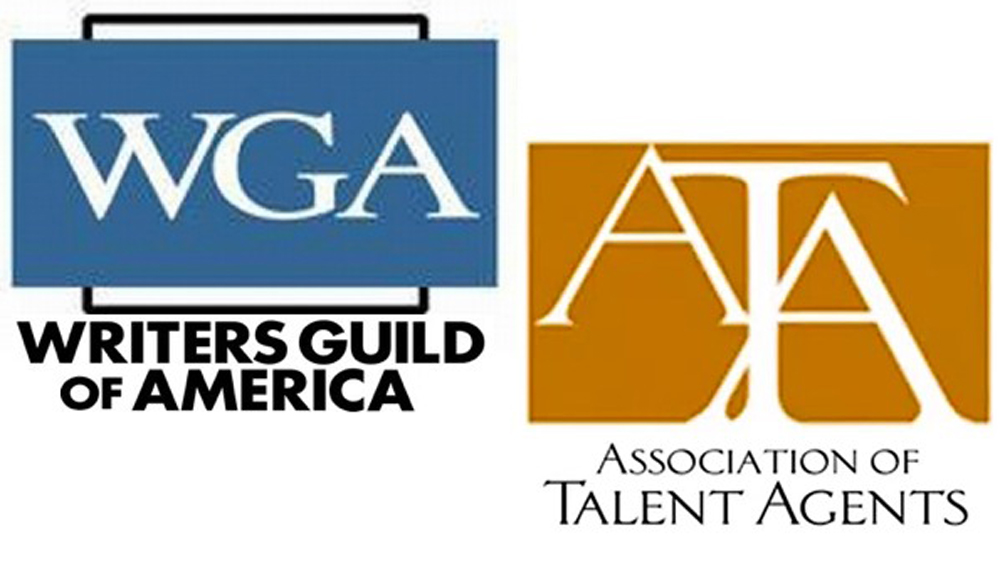
Talks in Hollywood broke down on Friday, upending a way of doing business that had been in place for decades. A guide to how the dispute came about and what lies ahead.

The Writers Guild of America has agreed to extend the deadline for imposing its new code of conduct on Hollywood agencies, the guild said in an email to members late Saturday.
Amid a tense labor atmosphere in Hollywood, the Writers Guild of America began contract negotiations Monday in what is expected to be a tough round of talks as the industry continues to grapple with digital upheaval.
The Writers Guild of America has offered a chilling picture of the future of television to the FCC in a bid to block the proposed Comcast-Time Warner Cable merger. “The FCC should deny the proposed merger,” the WGA said in a brief filed with the FCC on Friday, noting that the merged entity “would control almost 30%” of the cable and satellite TV market.
TV Writing Remains A White Man’s World
The Writers Guild of America, West has signed its first contract covering news writing and promotions for the Internet. This week about 15 Web writer-producers working in television and radio news and promotions at CBS studios in the Los Angeles area ratified their first-ever contract with CBS, the guild said in a statement.
Hollywood’s film and TV writers will begin negotiations with the major studios on a new film and TV contract this week. The Writers Guild of America and the Alliance of Motion Picture and Television Producers announced in a joint statement that talks on a new three-year contract would begin Thursday. The guild’s current contract expires May 1.
Members of the Writers Guild of America on Saturday overwhelmingly ratified a new three-year contract that provides 2% annual increase in pay to CBS News writers working in television and radio on local and national levels in New York, Chicago, Washington and Los Angeles.











































